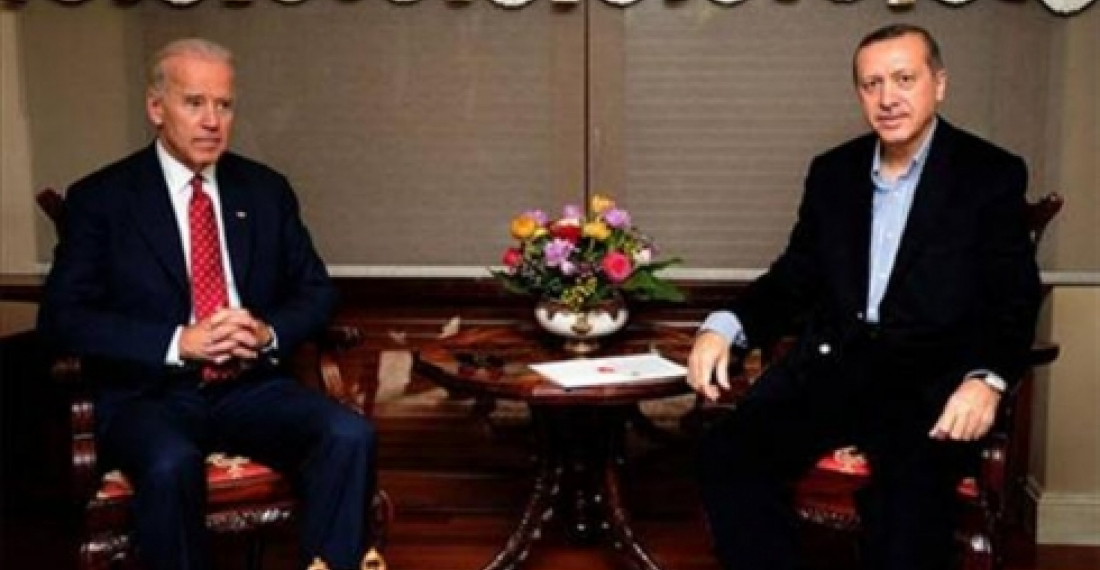The US Vice President Joe Biden had a two hour meeting with the Turkish Prime Minister Recep Tayyip Erdogan in Istanbul over the weekend. The meeting was held at Erdogan's house since the Turkish prime Minister is recovering from an operation a week ago. This was the first public appearance of Erdogan since the operation.
The United States is increasingly aware of the important role that Turkey is playing in global issues, particularly in the Middle East and Eurasia and the meeting between Biden and Erdogan was seen as a timely opportunity to co-ordinate positions on a wide range of subjects, including Iraq, Syria and Iran.
Turkey and the US do not have the same positions on some of these issues but the relations between the two countries, always strong, has entered a new more mature stage. Turkey's support on a number of issues is crucial for the US. The American leadership is also keen for the rift between Turkey and Israel to heal as soon as possible, or at least for it not to get worse.
source: commonspace.eu
photo: US Vice president Joe Biden and Turkish Prime Minister Recip Tayip Erdogan during their meeting in Istanbul this weekend (Picture courtesy of the press Service of the prime Ministry of Turkey).







